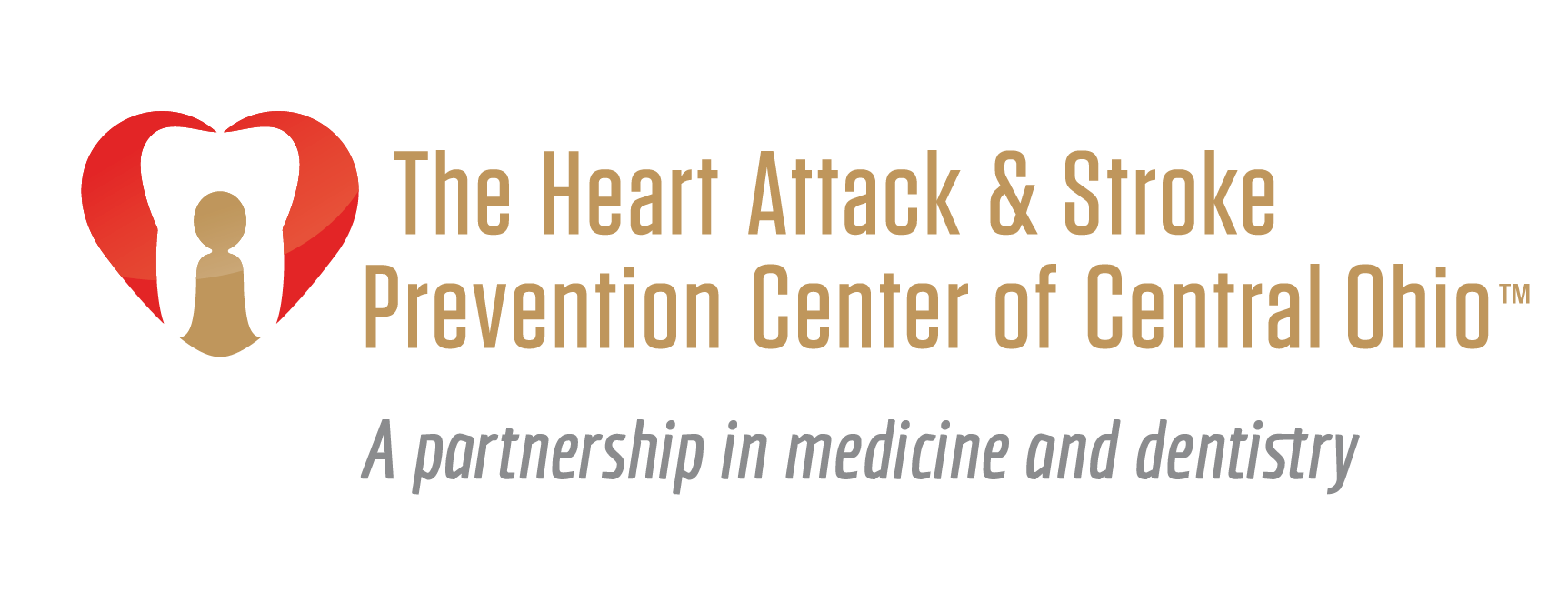Stress Awareness: Understanding the Link between Stress and Heart Health
- Eric Goulder, MD, FACC

- Apr 4, 2023
- 2 min read
April is Stress Awareness Month, and it is an opportunity to learn more about how stress impacts our health, particularly our heart health. Studies show that repeated episodes of acute psychological stress or chronic psychological stress can induce a chronic inflammatory process that can lead to atherosclerosis. This means that stress, especially chronic stress, can contribute to the development of heart disease, even in individuals with no other known risk factors.
When we experience stress, our bodies activate the sympathetic nervous system, the hypothalamic-pituitary axis, and the renin-angiotensin system, which release various stress hormones such as catecholamines, corticosteroids, glucagon, growth hormone, and renin. These hormones can cause a heightened state of cardiovascular activity, which can lead to injured endothelium (the inner lining of blood vessels) and the induction of adhesion molecules on endothelial cells. In turn, inflammatory cells can adhere and translocate to the arterial wall, which can lead to atherosclerosis.
The link between stress and heart health is not a new discovery. Studies have shown that chronic stress is associated with an increased risk of heart disease, stroke, and other cardiovascular events. In fact, a study published in the European Heart Journal found that individuals who reported high levels of job strain had a 23% higher risk of heart attack compared to those who reported low job strain.
Managing Stress
So, what can we do to manage our stress levels and protect our heart health? Here are a few tips:
Identify your stress triggers: Knowing what causes your stress can help you find ways to manage it better. Make a list of your stress triggers and brainstorm ways to avoid or reduce them.
Practice relaxation techniques: Relaxation techniques such as deep breathing, meditation, yoga, or tai chi can help you manage stress and reduce your risk of heart disease.
Exercise regularly: Exercise is an excellent way to manage stress and improve your heart health. Aim for at least 30 minutes of moderate-intensity exercise most days of the week.
Get enough sleep: Lack of sleep can increase your stress levels and contribute to heart disease. Aim for seven to nine hours of sleep each night. Unsure of your sleep quality? Ask your provider for a sleep apnea screening.
Seek help when needed: If you are struggling with chronic stress, seek help from a mental health professional. They can help you develop coping strategies to manage your stress and protect your heart health.
In conclusion, stress is a significant contributor to heart disease, and it's essential to manage it effectively. By identifying your stress triggers, practicing relaxation techniques, exercising regularly, getting enough sleep, and seeking help when needed, you can reduce your risk of heart disease and lead a healthier, happier life. Let's make stress awareness a priority this month and every month.
Located in Worthington, Ohio, you can count on Dr. Eric Goulder at The Heart Attack and Stroke Prevention Center of Central Ohio (HASPC) to thoroughly evaluate your individualized risk and provide a treatment plan—curated to your needs. We provide a guarantee of arterial wellness; no heart attack or stroke.
Book an appointment with us today at (614) 412-1157.




Comments